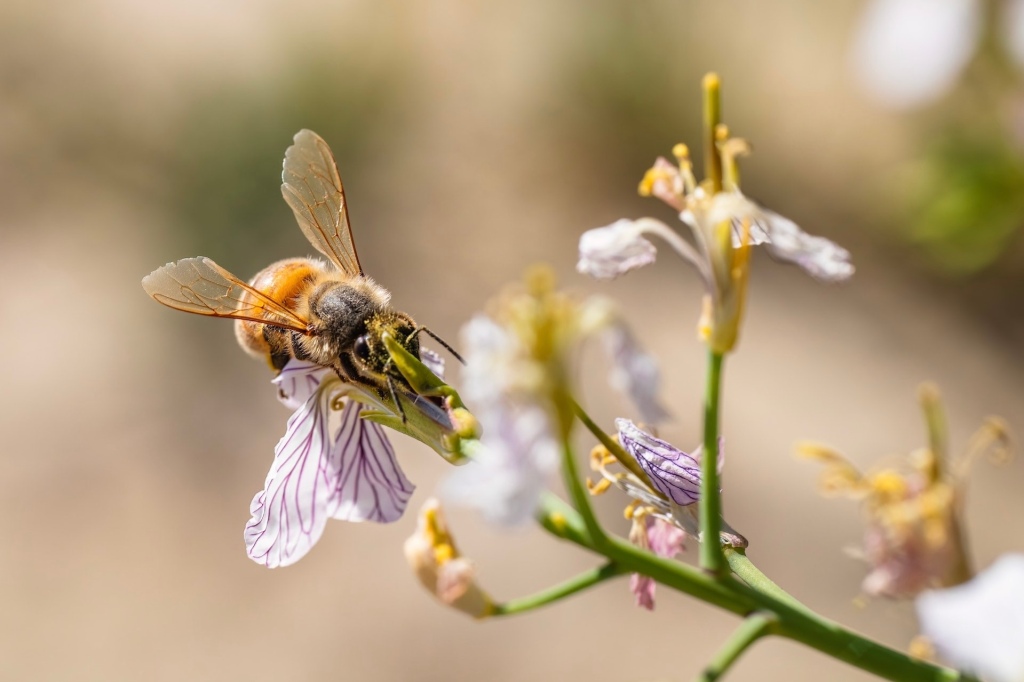-

First blazoned in print in 1990, the concept of “rewilding” has gained significant traction in recent years as a promising approach to ecological restoration. Rewilding aims to reinstate natural processes, such as trophic cascades and vegetative succession, allowing ecosystems to function independently and thrive without human intervention. However, beneath its seemingly noble intentions lies a…
-

First coined by Francoise d’Eaubonne in 1974, “ecological feminisme” hypothesises a uniquely female proclivity to conserve and care for the natural environment, and correlates this interrelationship with parallels in gender and environmental justice. This political philosophy stems from the notion of women-nature connections: women are biologically, and psycho-spiritually, closer to nature but, with that, the…
-

Solarpunk fiction is the tag ascribed to an emerging field of visual and literary media, one that envisions potential futures characterised by sustainable technologies, urban biodiversity and socio-ecological harmony. The sub-genre comes as a response to the prevailing dystopian and post-apocalyptic narratives that predominate science fiction, illustrating hopeful alternatives to a bleak future. Within such…
-

One of the tensest intersections of society today occurs where the market meets its natural environment, inciting an intellectual rivalry between proponents of conservative economics and conservation ecology. Yet, emerging sub-disciplines like environmental (or ecological) economics serve to combine such polarised political interests through monetary tools to resource-saving ends. A major facet of this academic…
-

. . . and how they can solve it. In basic economics, when income rises so does demand for goods. With increased sales of cars, houses, holidays, luxury clothing and extravagant meals comes increased strain on the fossil fuels required to power those consumer choices. As energy policy professor Amiee Ambrose argued, the fastest way…
-

The notion of our evolutionary omnivory is one of high controversy, undeniably inflamed by rounds of animal rights and radical diets as well as the rise of religious cross-culturalism. Recent decades have witnessed the commercialisation of various veggie substitutes like Quorn and Linda McCartney’s in sync with a global transition towards meat-less living. Despite falling…
-

Ecological conservation is the protection and preservation of natural landscapes, ecosystems and species. It can also be considered an umbrella term for various forms of environmental action. One such method is rewilding, which comes with mildly differing subtleties. “While conservation often looks to the past, rewilding … looks to the future” ~ George Monbiot Rewilding…
-

From classic to contemporary literature, and even written into law, fungi and their fruiting bodies have grown victim to a pretty bad rep. Mushrooms are notorious for their connotations of decay and rottenness, even poison, madness and death. In Lewis Carroll’s Alice in Wonderland, the titular protagonist increases in size upon consuming a particular mushroom.…
-

EDITING IN PROGRESS Ever since the philosophical reign of Rene Descartes in the Age of Enlightenment, nature has been undermined by a cultural ostracism of all deemed ‘wild’ and ‘savage’. Today, the Western world holds on to these outdated ideologies, actively seeking separation from the elements which give us life. By 2050, Homo sapiens will…
-

Neonicotinoids – or neonics – are the fastest growing group of agricultural insecticides. Highly toxic to invertebrates, they work by compromising the central nervous system, leading to eventual paralysis and death. Neonics are a systemic pesticide meaning that they work from within. They’re typically applied in the form of a seed dressing, planted into the…
-
Subscribe
Subscribed
Already have a WordPress.com account? Log in now.